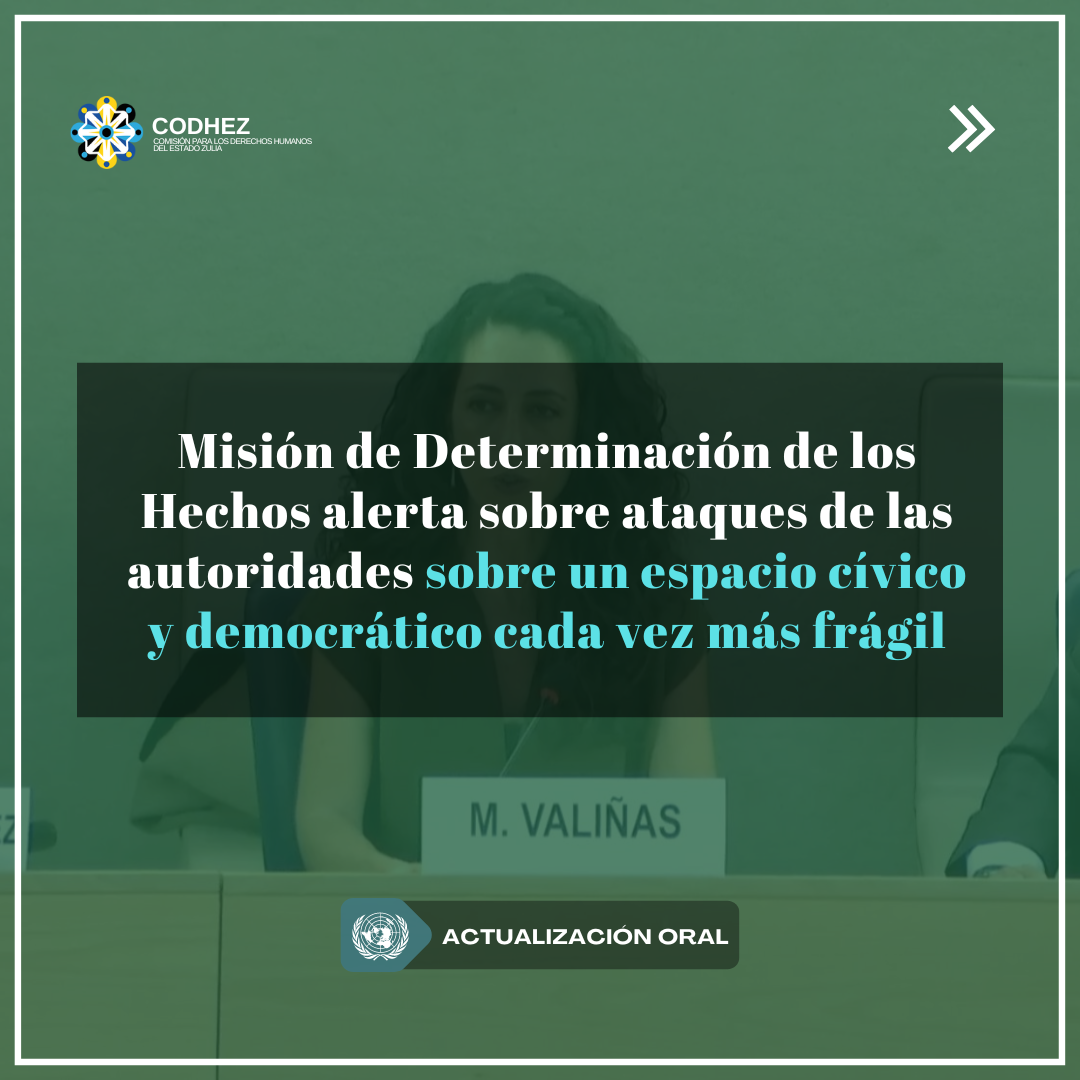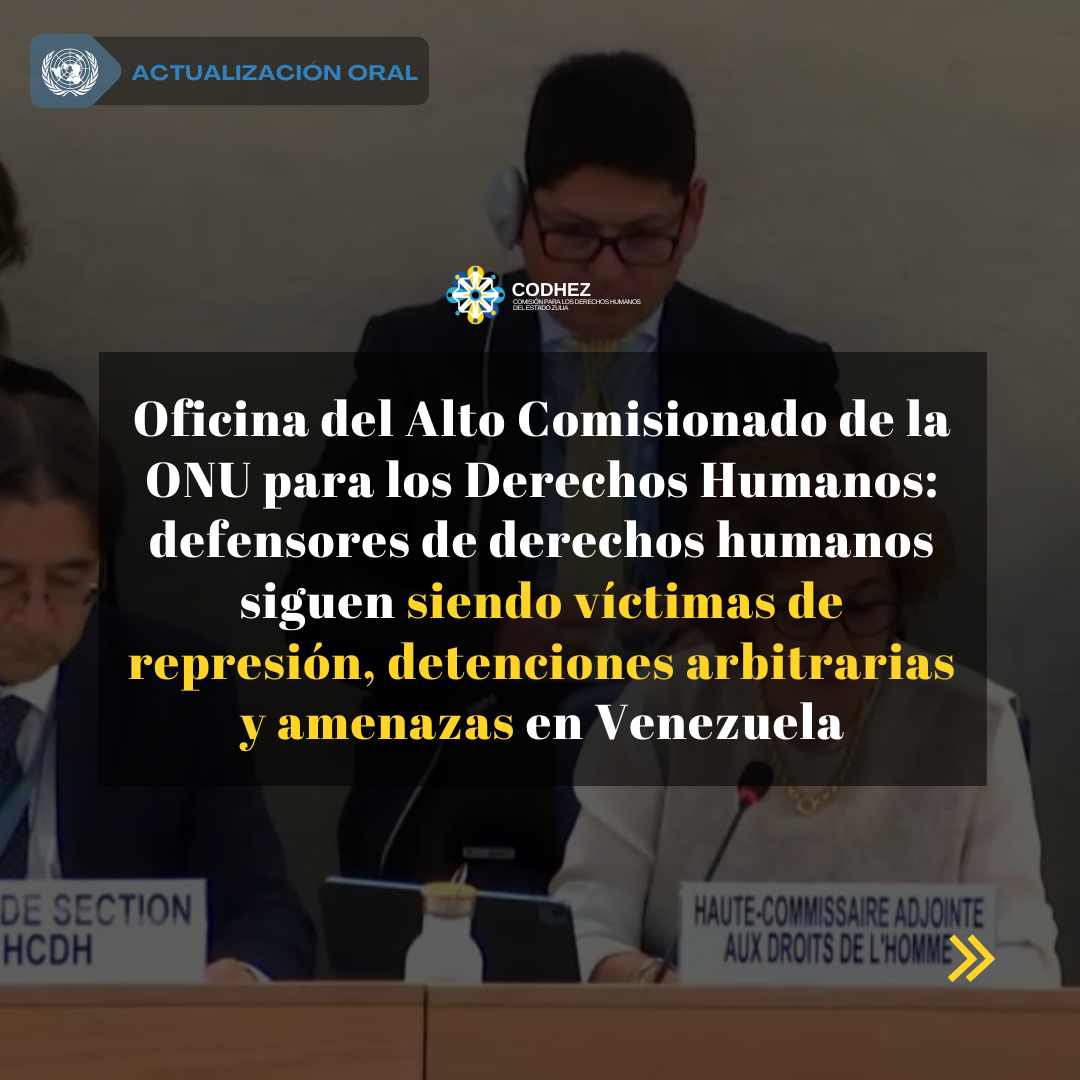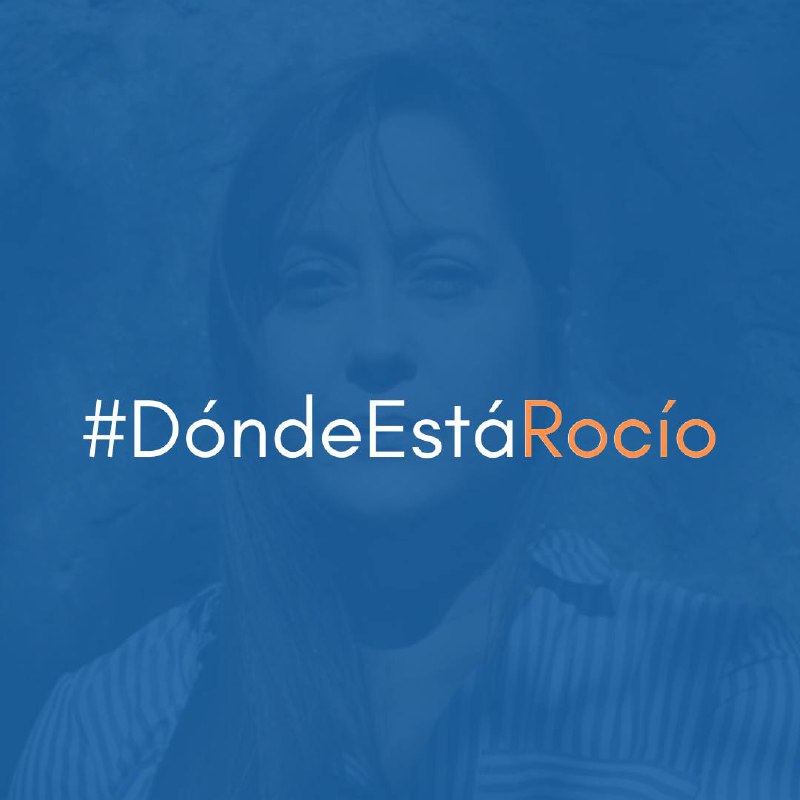The entirety of households in Mara are adopting survival strategies to access food
The Commission for the Human Rights of the Zulia State (Codhez) published the results of the third survey on food consumption and food security in the Zulia state during the quarantine imposed due to the sanitary emergency caused by the coronavirus pandemic. This poll was carried out from June 14-21, and shows the results obtained in the areas of Cambimas, Lagunillas, Mara, Maracaibo and San Francisco.
In said report, the non-governmental organization refers to the daily and weekly consumption of food, their survival strategies and the food acquisition habits.
Pasta, rice and arepas
On the poll’s section related to the diversity of the families’ diets taking into account the daily meals, and more specifically, the meals consumed in the 24 hours prior to answering the poll, cereals are abundant in the five districts of the region.
In Cabimas’ households, 96% of the respondents stated as their main answer the consumption of, predominantly, cereals or grain, which means arepas, pasta, bread, corn or wheat flours, among others (96%). In April, when the same poll was carried out, said percentage was of 89%. In second place, the rate of grain consumption (81%), close to Lagunillas (78%), and the highest compared to Maracaibo (52%), San Francisco (65%) and Mara (67%).
In Mara, the predominant response was also the consumption of cereals (83%). In the Maracaibo households, the consumption of food of this kind remains at 94%, standing out the high consumption of bananas and root vegetables (63%). Moreover, in the San Francisco households, 92% of them claimed to base their meals on cereals.
Referring to the weekly food consumption, the five districts state, with some differences, a predominance in the consumption of cereals, bananas, root vegetables and grains in their diet.
The survival strategies persist
This section of Codhez’s poll refers to the ways in which families have had to adapt in order to be able to access food when resources and money are lacking, this was carried out with the objective of determining the rate of survival strategies.
When exploring the different strategies adopted by the Cabimas’ families to access food, Codhez stated that 62% of them are surpassing the threshold of extreme negative adaptations, while 23% of them show signs of food insecurity, 11% is at risk of suffering it and only 4% would be in a normal situation.
Eating only once or not eating at all during the day is a situation present at least once a week in 46% of households: in 31%of them, it was present one to three times a week, and in 12% of them, four to six days a week. Asking for borrowed food is a habit reported in 62% of the homes, while 46% stated that their eating depends on the help from neighbors, friends and family within the country.
As for households in Lagunillas, 67% surpass the threshold of extreme negative adaptations, while 22% of them show signs of food insecurity and only 11% of them would be in a normal situation. It was reported that 44% of the households depend on external help in order to be able to acquire food, and more specifically, 44% of the households’ report being forced to use up their savings to buy food.
Regarding the Maracaibo households, it was registered that 60% of them surpass the threshold of extreme negative adaptations, while 14% show signs of food insecurity, 13% of them are at risk of suffering it and 13% would be in a normal situation. In San Francisco, 80% of the households surpass the threshold of extreme negative adaptations, while 7,7% show signs of food insecurity, 7,7% are at risk of suffering it and 4,6% are in a regular situation.
In Mara they are assuming negative coping mechanisms
Regarding the strategies that Mara families are adopting in order to access food, Codhez reports 50% of them are surpassing the extreme negative adaptations threshold, while 33% show signs of food insecurity and 17% of them are at risk of suffering it. This means, in general terms, that 100% of the households are experimenting serious difficulties to access food, being forced to adopt survival strategies in order to maintain a minimum consumption.
Eating only once or not eating at all during the day, is a situation present at least once a week in 33% of the homes: in 17% from once to twice a week. Asking for borrowed food is a habit reported in 67% of the households, while 50% has affirmed their eating depends on the aid from neighbors, friends and family members within the country. In the meantime, 8% reported their eating depends on aid coming from family members outside Venezuela.
Other strategies related to the means of living that were reported include spending savings in food (100%), selling or exchanges personal goods with food or in order to buy it (67%), and working in exchange for food (67%). More specifically, 75% of the homes are forced daily to use up their savings just to buy food.
Long marches to get food
About the buying food habits, most households in the reported districts do it between once and three times a week: in Cabimas it’s a habit in 81% of the households; in Lagunillas 67%, as well as in Mara 67%; in Maracaibo 72% and in San Francisco 57% of them.
It is also highlighted that due to the lack of public transportation and shortage of oil, in San Francisco, 85% of the families march by foot to get to food shops, in comparison with the low rate of 6% that use their vehicle to get there. Meanwhile, in Mara, 75% of the families march by foot to buy food. In Maracaibo, this is done by 67% of the families, compared to the 26% of them who use their personal car to do so.
Family economies are becoming more and more precarious
As final recommendations, Codhez is highlighting the fragility – in a context becoming exponentially more precarious – of family economies to be able to face good costs that, compete with meeting other urgent needs in Zulia like the access to drinking water and medicines.
After more than 100 days since the state of emergency was declared in the entire country, Codhez reiterates the urgency of a strategic plan that will provide an immediate and efficient response to the food insecurity present, emphasizing its attention on the most vulnerable populations.
In this sense, the human rights organization is exhorting the Venezuelan state to accept the international cooperation in every sense and resource needed to guarantee its population the basic right to an adequate nutrition, as they are obliged, constitutionally as well as conventionally, to do everything in their power to avoid their population’s suffering.
Traducción: Andrea Comesaña
Fotografía: Gustavo Bauer.



